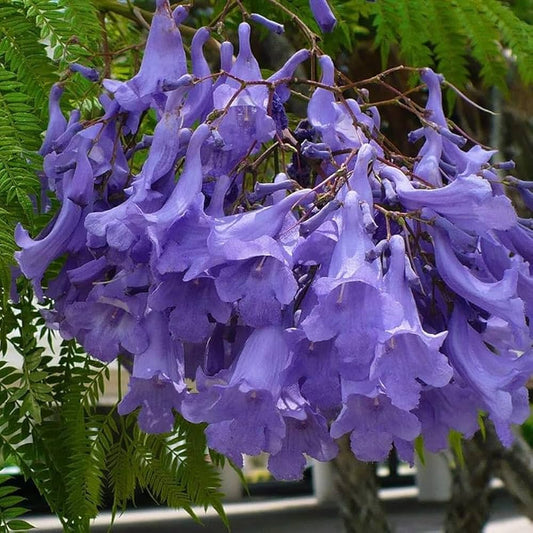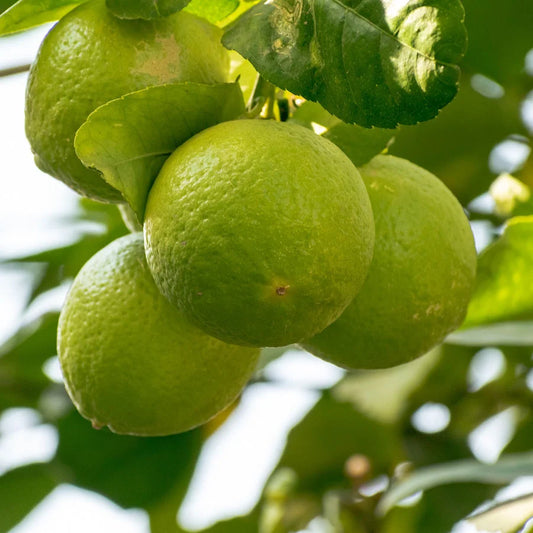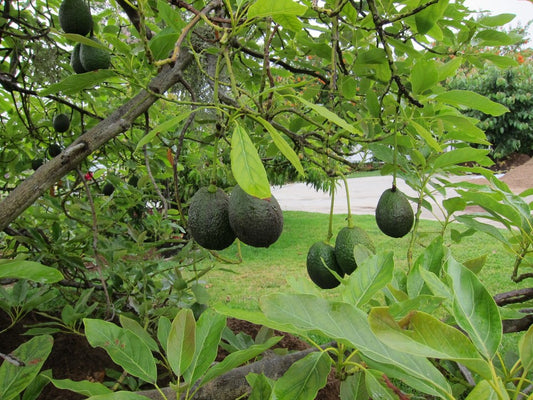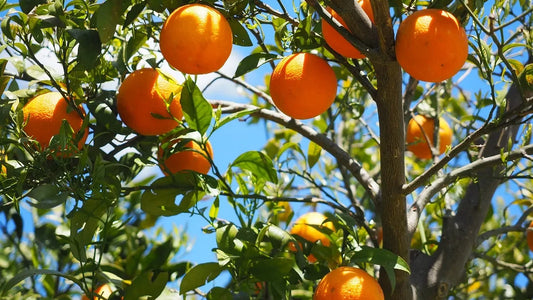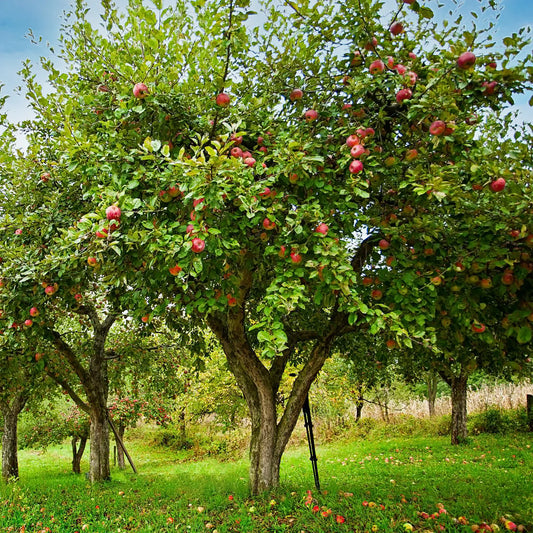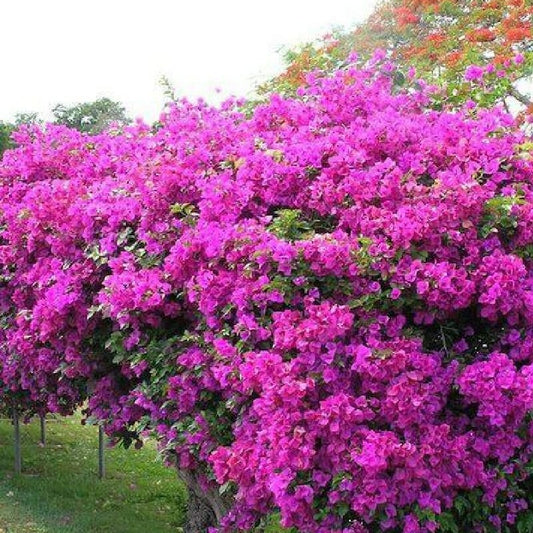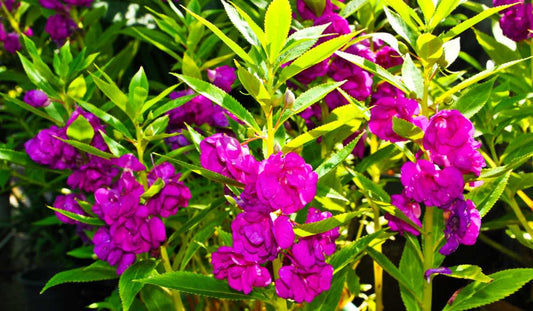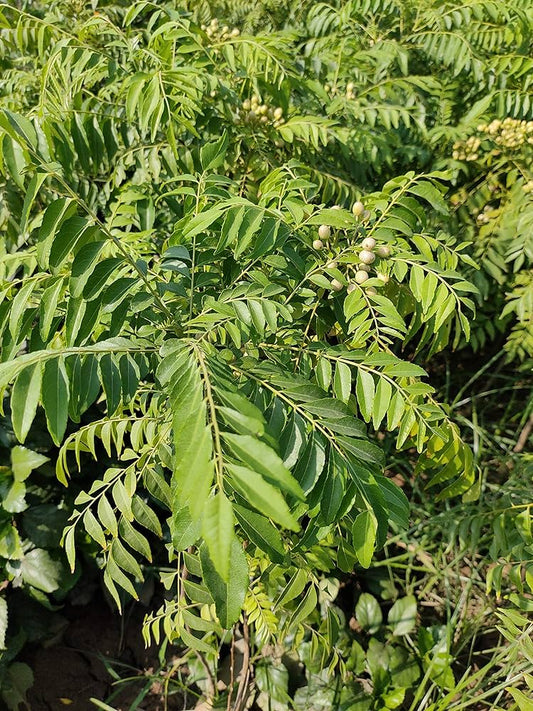

In an era where environmental degradation has become an undeniable global crisis, individuals like Nityanand Jayaraman have emerged as torchbearers of change, sustainability, and justice. Known for his relentless advocacy for environmental causes, Jayaraman’s efforts are symbolic of a growing move Read more
-
Example product title
Regular price ₹ 20Regular priceUnit price per -
Example product title
Regular price ₹ 20Regular priceUnit price per -
Example product title
Regular price ₹ 20Regular priceUnit price per -
Example product title
Regular price ₹ 20Regular priceUnit price per
-
Example product title
Regular price ₹ 20Regular priceUnit price per -
Example product title
Regular price ₹ 20Regular priceUnit price per -
Example product title
Regular price ₹ 20Regular priceUnit price per -
Example product title
Regular price ₹ 20Regular priceUnit price per
Nityanand Jayaraman Tree
In an era where environmental degradation has become an undeniable global crisis, individuals like Nityanand Jayaraman have emerged as torchbearers of change, sustainability, and justice.
Known for his relentless advocacy for environmental causes, Jayaraman’s efforts are symbolic of a growing movement where nature is seen as a lifeline rather than a resource to exploit.
This blog takes a deep dive into the significance of trees in Nityanand Jayaraman’s work, their environmental impact, historical context, and how they play a role in mitigating climate change while rebuilding ecological balance.
Who is Nityanand Jayaraman?
Nityanand Jayaraman is a prominent environmental activist, writer, and researcher who has dedicated his life to environmental justice.
His work focuses on protecting natural ecosystems, holding corporations accountable for environmental destruction, and advocating for marginalized communities directly affected by ecological damage.
From fighting against industrial pollution to promoting afforestation, Jayaraman has positioned himself as a fierce voice for both people and the planet.
His approach integrates grassroots activism, environmental education, and the strategic use of trees as symbols of hope, restoration, and resistance.
In projects linked to environmental justice, trees aren’t just carbon-absorbing heroes—they are living witnesses to humanity’s relationship with nature.
Trees: Nature’s Powerhouses for Environmental Balance
Before exploring how Nityanand Jayaraman leverages the role of trees, let’s understand why trees are critical for maintaining Earth’s balance. Scientifically, trees perform numerous life-saving functions:
-
Carbon Sequestration: A mature tree can absorb around 48 pounds (22 kg) of carbon dioxide annually, offsetting greenhouse gas emissions and slowing global warming.
-
Oxygen Production: A single large tree can provide a day’s oxygen for up to four people.
-
Cooling Effect: Through transpiration, trees release moisture into the air, reducing surrounding temperatures. Urban areas with dense trees can be up to 5-8°C cooler.
-
Habitat for Biodiversity: Trees are home to 80% of terrestrial species, fostering ecological diversity.
-
Erosion Control: Tree roots prevent soil erosion, ensuring better land fertility.
-
Water Cycle Regulation: Trees improve groundwater recharge, promoting clean water access.
The alarming rate of deforestation, however, has weakened these natural benefits. According to the World Bank, approximately 10 million hectares of forest are lost annually—a crisis that fuels climate change and habitat destruction.
Enter Nityanand Jayaraman, who actively advocates for trees to become humanity’s frontline warriors in restoring ecological health.
Historical Context: Trees as Symbols of Resistance and Restoration
Trees have long been powerful symbols in both environmental conservation and cultural narratives. Movements like the Chipko Movement in India during the 1970s saw women hugging trees to prevent their felling, while projects like the Great Green Wall in Africa aim to combat desertification.
Historically, activists have seen trees as both guardians of nature and metaphors for resilience.
In Jayaraman’s work, this legacy thrives. His campaigns and writings often highlight how indiscriminate industrialization leads to the destruction of centuries-old ecosystems. For him, saving a tree isn’t just an act of conservation; it’s an act of defiance against unsustainable practices.
Nityanand Jayaraman’s Advocacy for Trees and Environmental Justice
1. Fighting Industrial Pollution
Jayaraman has been a staunch critic of industries that exploit natural resources while leaving behind toxic landscapes.
A classic example is his work in Cuddalore and Thoothukudi, Tamil Nadu, where industrial effluents have polluted water bodies, soil, and forests. By advocating for cleaner alternatives, Jayaraman emphasizes the role of trees in restoring ecological equilibrium.
Trees here are not just environmental elements but symbols of recovery—natural antidotes to industrial poisoning.
2. Reforesting Degraded Lands
Nityanand Jayaraman’s campaigns often push for reforestation in areas that have suffered environmental abuse. Scientific research proves that reforested areas can:
-
Restore soil health
-
Attract wildlife back to their natural habitats
-
Stabilize microclimates and regulate rainfall patterns
Jayaraman advocates for planting indigenous tree species—those best suited for local ecosystems—to ensure long-term survival and ecological benefit.
3. Promoting Environmental Literacy
Education forms the bedrock of Nityanand’s activism. By organizing workshops, writing impactful articles, and collaborating with youth-led groups, he promotes awareness about the importance of trees.
For him, education transforms communities into stakeholders in environmental preservation. The more people know, the more they act—a simple yet revolutionary idea.
Fun Facts: Did You Know About Trees?
-
Oldest Tree on Earth: A 9,500-year-old spruce tree in Sweden named Old Tjikko holds the title for the world’s oldest individual tree.
-
Trees Talk: Through underground fungi networks (mycorrhizal networks), trees share nutrients and communicate warnings about pests.
-
Tree-Planet Relationship: One large tree can absorb 40,000 gallons of water from rainfall per year, preventing floods.
-
Largest Carbon Absorber: Mangrove trees are carbon superstars, storing 3-5 times more carbon than other forests.
By promoting tree conservation, Nityanand Jayaraman taps into the ancient, powerful potential of trees to save not just biodiversity but humanity itself.
The Environmental Impact of Jayaraman’s Initiatives
The environmental benefits of Nityanand Jayaraman’s campaigns are far-reaching:
-
Reduced Carbon Footprints: His push for afforestation absorbs carbon emissions, mitigating climate change.
-
Restoration of Habitats: Trees planted as part of restoration projects attract birds, insects, and animals, reviving lost ecosystems.
-
Water Security: His efforts in planting native trees near water bodies ensure improved water retention, aiding drought-prone regions.
-
Community Empowerment: Through campaigns, local communities become guardians of forests, turning conservation into a collective responsibility.
Jayaraman’s initiatives underscore the fact that environmental health and human survival are interconnected.
His work aligns with global movements like the Bonn Challenge and the Paris Agreement, which aim to restore forests and reduce emissions worldwide.
The Role of Indigenous Trees: A Jayaraman Mantra
Jayaraman’s emphasis on planting indigenous trees is critical. Non-native species often fail to integrate with local ecosystems, whereas indigenous trees:
-
Require less water
-
Foster biodiversity
-
Offer cultural significance in local communities
For example, species like Neem, Peepal, and Banyan in India are not only ecologically essential but also revered for their medicinal and cultural benefits.
Why Trees Are the Future of Environmental Sustainability
Global organizations like the United Nations Environment Programme (UNEP) stress that trees are essential for combating climate change, achieving biodiversity goals, and supporting sustainable development.
Here’s why trees are key players for our future:
-
Carbon Neutrality: Trees can help nations achieve net-zero emissions.
-
Clean Air and Water: Tree-covered regions see improved air quality and higher freshwater availability.
-
Resilient Cities: Urban forests reduce heat islands and improve the well-being of city dwellers.
-
Poverty Alleviation: Forest-based livelihoods provide economic opportunities for millions worldwide.
Nityanand Jayaraman’s work directly contributes to these goals by restoring forests and advocating for sustainable ecosystems.
Final Thoughts: Planting Trees, Planting Hope
Nityanand Jayaraman’s legacy reminds us that trees are more than silent beings—they are guardians, healers, and enablers of life. His fight for environmental justice, often symbolized through trees, calls for urgent action against unsustainable practices.
Whether it’s battling industrial giants or inspiring local communities to plant saplings, Jayaraman has shown that true change starts with something as simple, yet monumental, as a tree.
As global temperatures rise and ecosystems shrink, it’s time to embrace Jayaraman’s philosophy: Every tree planted is a promise for a greener, healthier planet. So, the next time you see a sapling, remember that it holds not just leaves but hope—hope for a future where humanity lives in harmony with nature.
You may also like
Corporate Plantations
Nityanand Jayaraman Environmental Activist
A relentless eco-warrior, Nityanand Jayaraman champions the cause of sustainable living, proving that saving the planet isn’t a spectator sport. His fight against corporate negligence and environmental injustice reminds us that activism is the real green currency. With a voice as sharp as a chainsaw cutting through bureaucracy, he tirelessly empowers local communities to protect nature’s dwindling balance.
Nityanand Jayaraman Climate Justice
Climate change isn’t a dinner-table debate for Nityanand; it’s an urgent battle cry. He flips the script on industrial giants polluting with impunity, advocating for justice where profits often trump people. By challenging policymakers and highlighting grassroots struggles, he makes climate justice a movement, not just a buzzword.
Nityanand Jayaraman and Coastal Ecosystems
Nityanand doesn’t just hug trees; he embraces entire coastal ecosystems. From fighting sand mining to oil spills, he educates communities to resist destruction of their fragile shorelines, creating a tidal wave of activism.
Nityanand Jayaraman Chennai Environmental Struggles
If Chennai’s environment had a superhero, it would be Nityanand. From water scarcity to industrial pollution, he exposes systemic negligence and crafts bold narratives that challenge both policymakers and the public.
Nityanand Jayaraman Vedanta Case
Nityanand’s leadership in the Sterlite Vedanta protests proved that collective resistance can roar louder than corporate greed. He highlighted ecological degradation while amplifying voices of the oppressed in a landmark fight for environmental justice.
Nityanand Jayaraman Tree Planting Initiatives
Planting trees isn’t about PR stunts for Nityanand; it’s a solution rooted in the earth. His initiatives not only green the land but also restore hope, balance, and local ownership over environmental action.
Sustainable Development and Nityanand Jayaraman
He redefines sustainability beyond trendy jargon, promoting local solutions over industrial quick fixes. His philosophy reminds us that ‘sustainable’ means justice for both people and the planet.
Environmental Justice Advocate Nityanand Jayaraman
Nityanand transforms environmental justice into a human story, linking deforestation, pollution, and livelihoods. His work underscores that saving ecosystems isn’t optional when survival is at stake.
Grassroots Movements and Nityanand Jayaraman
He’s the unsung champion of grassroots movements, igniting community power to fight ecological harm. His approach? Empower people, question systems, and let change grow organically from the ground up.
Nityanand Jayaraman Activism Against Pollution
Whether it’s air, water, or soil, Nityanand stands as the watchdog sniffing out environmental crimes. His activism makes pollution personal—because the environment doesn’t need heroes; it needs accountability.
Nityanand Jayaraman and Resource Exploitation
From rivers to forests, Nityanand battles reckless resource exploitation head-on. He exposes how corporations treat nature like an ATM and demands we stop overdrawing from Earth’s reserves.
Nityanand Jayaraman Community-Led Conservation
Conservation thrives under Nityanand’s people-first philosophy. By empowering local voices and traditions, he crafts sustainable solutions, proving the best stewards of nature are those living closest to it.
FAQ
Who is Nityanand Jayaraman?
He’s an environmental activist, storyteller, and green crusader challenging corporate giants and advocating for grassroots environmental justice, especially in India.
What is Nityanand Jayaraman’s role in environmental justice?
He fights for sustainable ecosystems by exposing pollution, corporate negligence, and advocating for vulnerable communities affected by environmental exploitation.
Why is Nityanand Jayaraman associated with tree planting?
For Nityanand, trees symbolize nature’s resilience. His initiatives aim to restore ecological balance, combat deforestation, and empower communities to nurture the planet.
How does Nityanand Jayaraman promote green justice?
By challenging destructive policies, educating communities, and promoting sustainable living, Nityanand ensures environmental justice remains a right, not a privilege.
What impact did Nityanand Jayaraman have on the Sterlite Vedanta protests?
He amplified local voices against toxic pollution, turning the Sterlite case into a landmark fight for environmental and community rights.
How does Nityanand Jayaraman support grassroots movements?
He empowers local communities to challenge ecological harm by fostering awareness, resistance, and sustainable, people-driven solutions for lasting impact.
What are Nityanand Jayaraman’s views on resource exploitation?
Nityanand exposes over-extraction of natural resources, condemning corporations treating Earth like an ATM and advocating for equitable resource distribution.
Why is Nityanand Jayaraman’s work vital for coastal ecosystems?
He highlights threats like sand mining, pollution, and climate change, working with coastal communities to protect fragile shorelines and marine biodiversity.
What makes Nityanand Jayaraman’s activism unique?
His mix of sharp advocacy, storytelling, and grassroots empowerment turns environmental issues into compelling narratives demanding accountability.
How does Nityanand Jayaraman address pollution issues?
He exposes environmental crimes, educates the public on pollution’s impact, and pressures industries to adopt cleaner, sustainable practices for a healthier planet.
What does Nityanand Jayaraman believe about sustainable development?
Sustainability, for him, prioritizes local ecosystems and justice over short-term industrial profits, ensuring development serves both people and nature.
How can individuals support Nityanand Jayaraman’s environmental mission?
Join local conservation efforts, amplify his initiatives, plant trees, and advocate for policies promoting ecological balance and sustainable living.
-
Example product title
Regular price ₹ 20Regular priceUnit price per -
Example product title
Regular price ₹ 20Regular priceUnit price per -
Example product title
Regular price ₹ 20Regular priceUnit price per -
Example product title
Regular price ₹ 20Regular priceUnit price per
Connect with us
-
👥 Corporates
If you are looking for:
- 🌲 Tree Plantation Events
- 📊 CSR Projects
📧 corporate@growbilliontrees.com
📞 +91 9699723523
💬 +91 9370599291 WhatsApp (Only)
🕒 Mon - Sat | 10am - 7pm IST
-
🧩 Tree Plantation NGOs
If you are looking for:
- 💰 Financial Assistance
- 🤝 Operational Support
📧 support@growbilliontrees.com
📞 +91 9699723523
💬 +91 9370599291 WhatsApp (Only)
🕒 Mon - Sat | 10am - 7pm IST
-
🌼 Individuals
If you are looking for:
- 👥 Group Tree Plantation Drive
- 🌳 Bulk Tree Plantation
📞 +91 9699723523
💬 +91 9370599291 WhatsApp (Only)
🕒 Mon - Sat | 10am - 7pm IST

